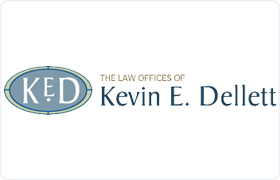Edgerton Juvenile Law Lawyer, Kansas
Sponsored Law Firm
-
 x
x

Click For More Info:
-
The Law Offices of Kevin Dellett
4630 West 137th Street, Suite 200 Leawood, Kansas 66224» view mapCriminal Defense Effective Aggressive Legal Assistance
The Law Office of Kevin Dellett was founded on a commitment to providing personalized attention and creative and determined criminal defense representation.
800-881-4691
Tyler Powell Garretson
Criminal, Felony, DUI-DWI, Juvenile Law
Status: In Good Standing Licensed: 29 Years
FREE CONSULTATION
CONTACTRandy Mc Calla
Juvenile Law, Child Custody, DUI-DWI, Criminal
Status: In Good Standing Licensed: 33 Years
William David Langston
Juvenile Law, Misdemeanor, Felony, Criminal
Status: In Good Standing Licensed: 31 Years
Courtney Taylor Henderson
Juvenile Law, Misdemeanor, Felony, DUI-DWI, Criminal
Status: In Good Standing
Lindsey P. Erickson
Private Schools, Juvenile Law, DUI-DWI, Criminal
Status: In Good Standing Licensed: 30 Years
 Kevin Dellett Leawood, KS
Kevin Dellett Leawood, KS AboutThe Law Offices of Kevin Dellett
AboutThe Law Offices of Kevin Dellett Practice AreasExpertise
Practice AreasExpertise
